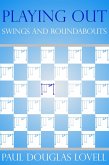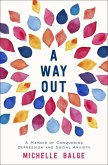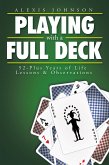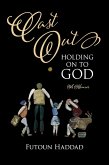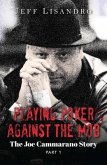Playing Out - Swings and Roundabouts outlines the first ten years of Paul's life. Abandoned by his mother at six weeks old, he lives alongside three brothers and a sister being raised by their lorry driver father. Struggling to cope, their father does his best to provide but living on state handouts means the children often go without. Being motherless has a huge impact on every aspect of his existence. In way of compensation, swings and roundabouts, Paul is afforded the freedom to roam. Hardships aplenty, lacking the nurture that often comes from a motherly embrace, Paul is being sculpted, his life is playing out. Set in the 1970s, the older reader can enjoy a nostalgic trip down memory lane and the youngsters can view the offline existence of kids who wore flares and had bad hair. Products and television programmes, toys and confectionery, the sweetest of memories entwined with the roughness of a working-class environment. Street games, scrumping and sewage tunnels. A patchwork quilt of Paul's memories stitched together using a rather coarse yarn makes this story a true account of British social history that is both poignant and humorous. All the main elements of the story are genuine incidents, although many of the people and places have been distorted to protect the guilty and to assist with the flow of the narrative.
Dieser Download kann aus rechtlichen Gründen nur mit Rechnungsadresse in A, B, CY, CZ, D, DK, EW, E, FIN, F, GR, H, IRL, I, LT, L, LR, M, NL, PL, P, R, S, SLO, SK ausgeliefert werden.



